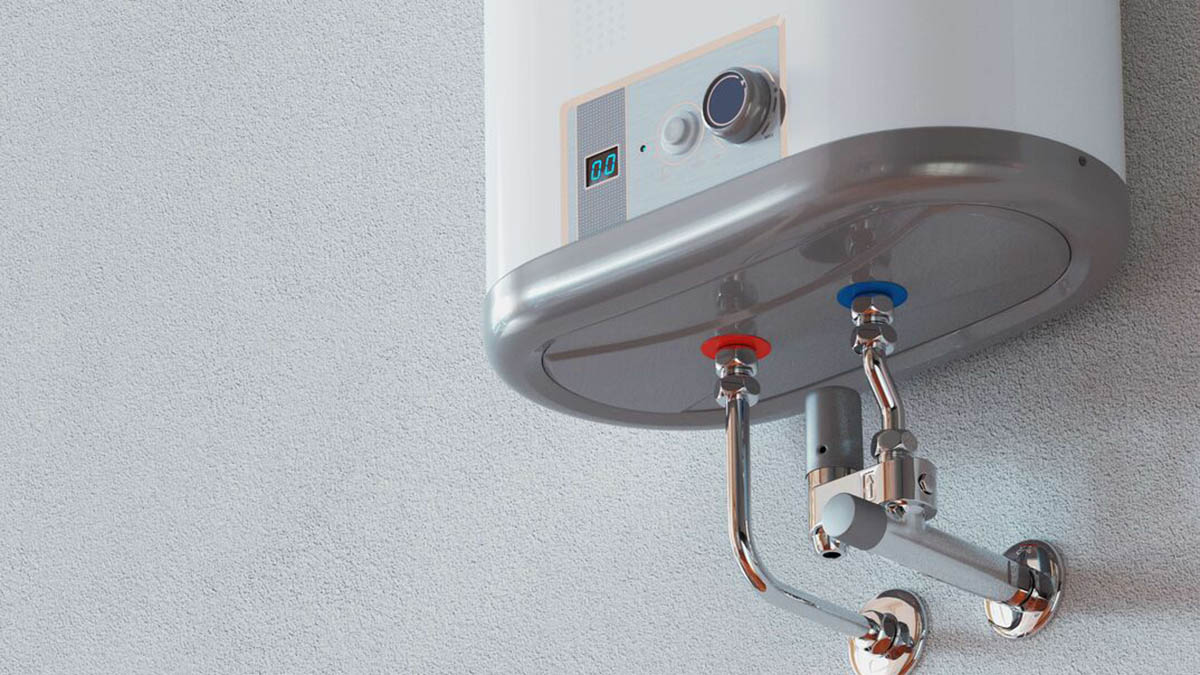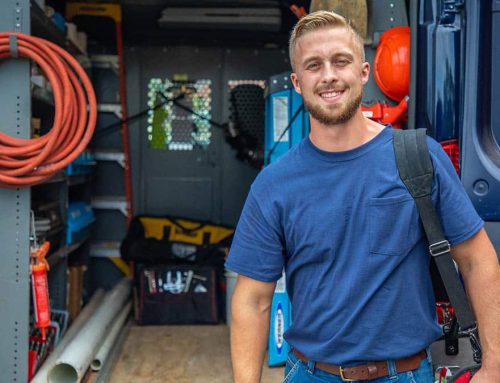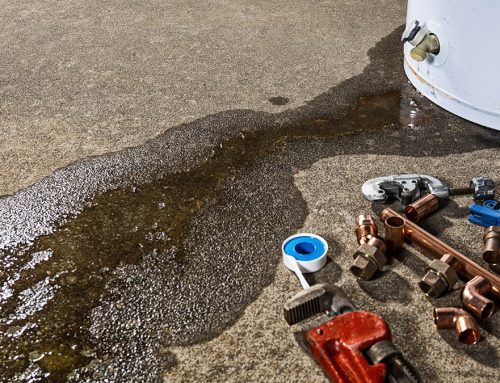
What To Know About Tankless Water Heaters In Arizona
Do you happen to be in the market for a new water heater? When your old heater finally stops working, it can be incredibly frustrating to find a new one. Especially when you’re in a rush to get the hot springs flowing again. Knowing what to look for depends on how much water you consume, how much you want to spend, how much space you have in your home, and how energy efficient you want it to be.
If you are looking for something that rides the line between energy efficiency and high performance, you’ll want to know about tankless water heaters. At the same time, if you have a large family, a conventional model may be the way to go. More than six people may require two hot water systems – which carries a higher front end cost. Nonetheless, if you’re set on a tankless heater, let’s walk through everything you need to know to ensure your decision is a confident one.
What is a Tankless Heater & From Where Did They Come?
A tankless water heater is exactly what it sounds like—a heating system that doesn’t rely on a holding tank to heat water. When you turn on the hot water, the heater draws cold water up through your pipes and into the unit. Once in the unit, the heater immediately warms the water with either electricity or gas and shoots it out of the open faucet. No water is held within the unit, saving a tremendous amount of space.
For this reason, tankless water heaters are also sometimes called on-demand heaters. Compared to electric models, gas units are a little faster at heating water. But generally speaking, you should be able to get from two to five gallons of hot water a minute. While this may appear like some new-fangled attempt at energy efficiency, it’s not. In fact, tankless heaters have been around since roughly the turn of the 20th century.
Early models ran on gas and electricity like today’s models – but it wasn’t until the 1970’s that tankless heaters hit their stride. Since then, effective and efficient tankless models have become a standard in many homes. Since they’re less common than standard conventional tank heaters, most people don’t even know about them. But here in Phoenix, more and more homeowners are investing in the technology to save space.
Know About the Pros of Tankless Water Heaters
Tankless water heaters are a popular option for many people because they are more efficient than standard tank heaters. Because they do not hold water in a tank, which then has to be continuously heated (and can become stagnant), tankless units can save anywhere from 30%-50% more energy. If there’s one thing you should know about tankless water heaters, they can save you upwards of $100 every year!
This occurs because tankless units only heat water when you need it. As soon as you turn on the hot water, you’ll get a steady stream of hot water, and as soon as you turn it off, the unit will stop heating. Additionally, thanks to their compact design, a tankless unit is more favorable to people living in small homes or apartments. A big water tank just doesn’t make sense here, especially in Arizona.
About the Cons of Tankless Water Heaters
Of course, nothing is perfect. Tankless heaters do come with their share of disadvantages. Although you will save money in the long run with tankless heating units, you will have to pay more for the system when you first buy a new one. Over time, your savings will make up for this but be prepared for a pricier buy-in.
Additionally, because tankless units are smaller than conventional tank heaters, they cannot heat as large a water quantity. Like we mentioned before, if you have a large household with high water consumption, you may find that a tankless option is not sufficient. Staggering showers, laundry, and dishes around your water heater’s max capacity is not feasible in the long run.
Although you could try to install a gas-operated system instead of an electric heater – but that’s going to be something you want to make sure will work. Gas-powered models do heat water more quickly but large families often find themselves frustrated with the decision. If you’d like to talk to someone that can help you determine what will be sufficient, you can always give us a call or schedule a free estimate.
Is a Tankless Heater Right for Me?
The bottom line ultimately comes down to what you need. If you have a smaller household or do not consume much hot water, a tankless heater may be perfect for your needs. Anyone looking to consume less energy will also appreciate the lower power bill associated with these units. However, be aware that a new tankless water heater can cost you up to three times more than a standard tank heater.
Tips for Making Water Heating Decisions in Arizona
You may also be wondering how well they work in Arizona? If you’re unaware, the water here is quite hard. To keep these units from quickly clogging with built-up sediment, you’ll want to first install a water softener before using a tankless heater. If not, your new heater may die much sooner than expected. However, if you keep it well maintained and keep the water softened, you should expect to get a full 12 to 15 years from one of these units.
If you’re going to replace your water heater with a tankless model in the desert, make sure you’re not testing its capabilities during the summer months when tap water is already hot. Moreover, continuing to repair a leaking water tank can sometimes create even more expenses over time. So take the time to analyze your repair and replacement options and don’t shy away from contacting a professional.
Getting Started with a Tankless Water Heater:
So, now that you know the basics of what you get with a tankless water heater, you’re probably wondering how to get set up with a new unit. If so, feel free to give us a call at Canyon State Air Conditioning, Heating, and Cooling!
We take pride in educating the local community and providing a quality plumbing experience. We offer top notch service in the Phoenix area and look forward to helping you learn everything you need to know about tankless water heaters in Arizona.

